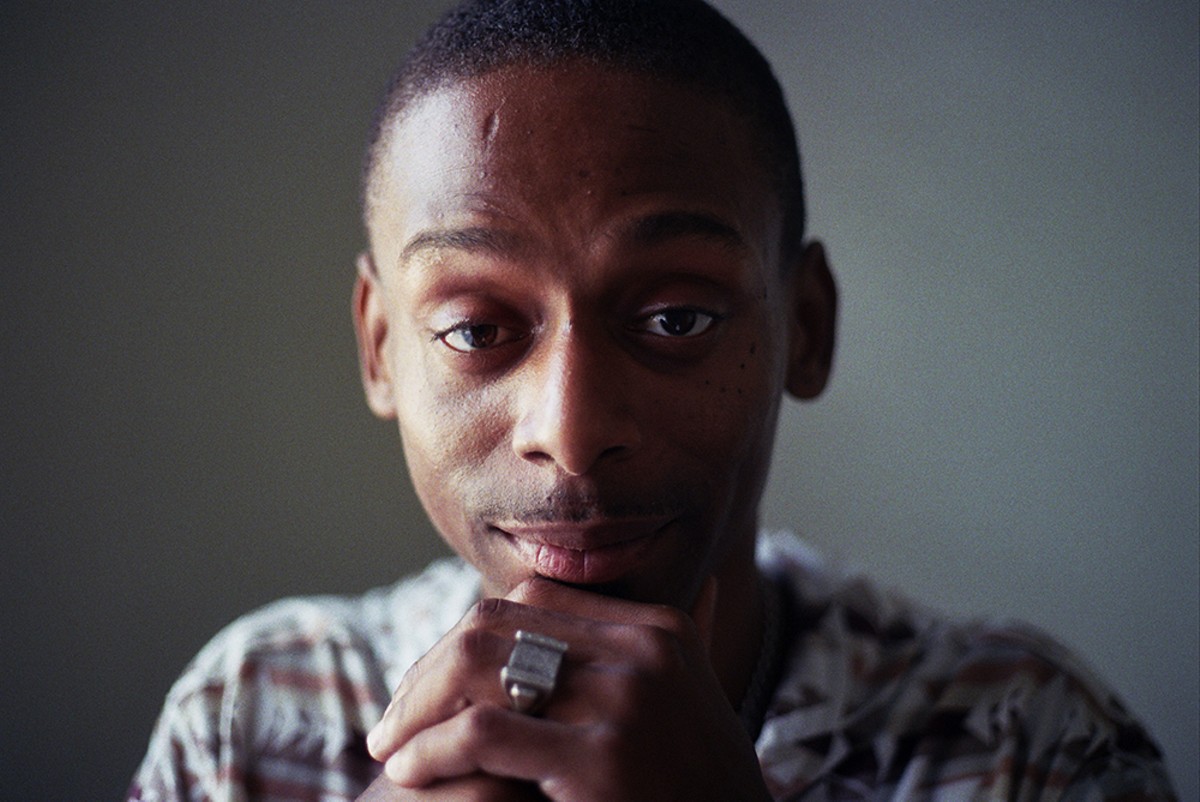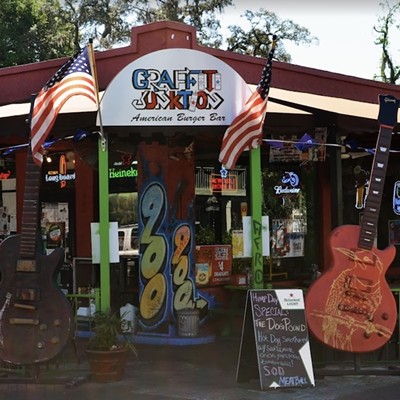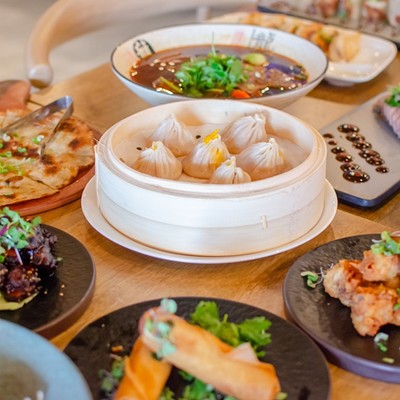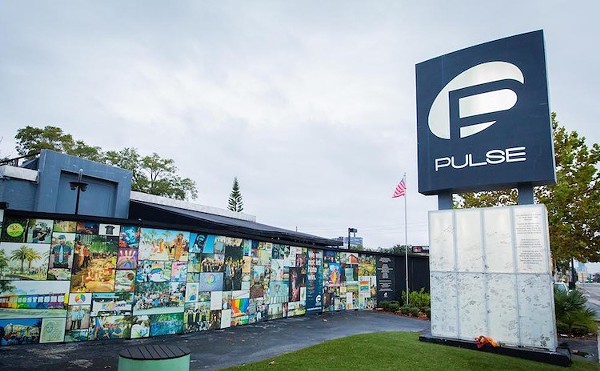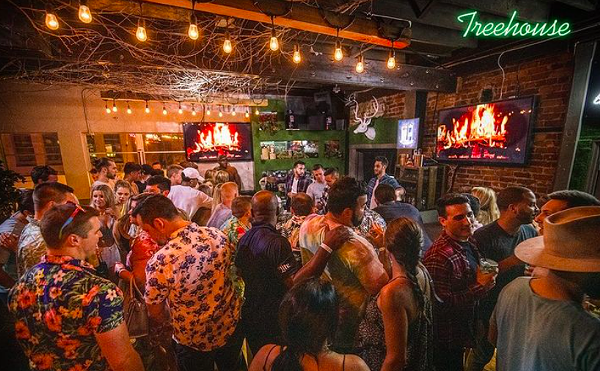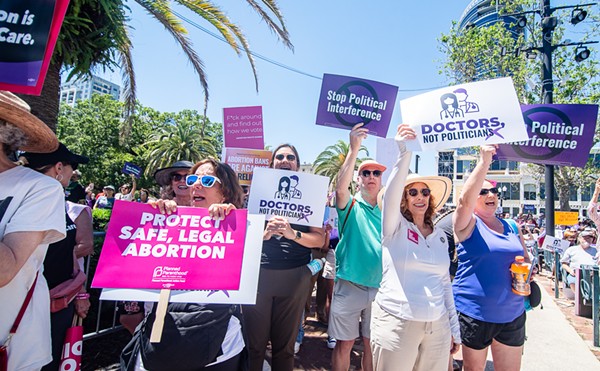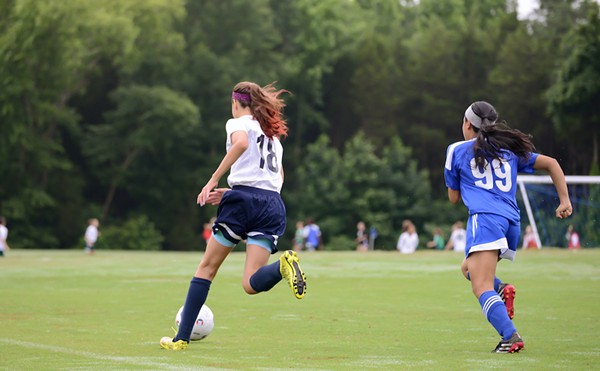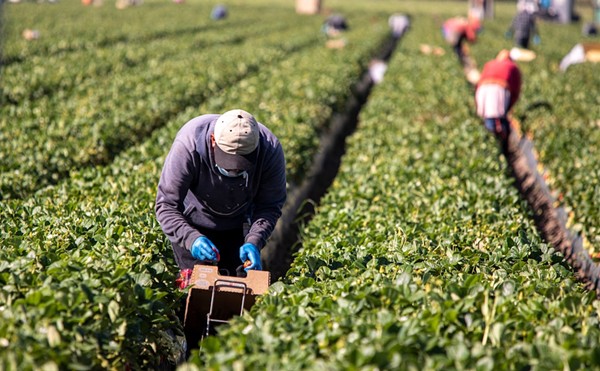Keinon Carter still doesn't know exactly what happened that night.
Filtering through the haze of his memory, here's what he remembers: He was at Pulse that night with his friend Antonio Davon Brown. Brown, 30, was a U.S. Army Reserve captain with kind brown eyes and a big smile. They were recent friends but had clicked hard, hanging out every day, like new brothers on an adventure.
Brown asked him to go to the gay nightclub on June 12. Carter, 32, wasn't really in the mood but decided to go anyway, for his friend. The club was buzzing with mixes of salsa, bachata, reggaeton and hip-hop. While Brown used the bathroom, Carter waited for him outside in front of a mirror.
In those seconds alone, he looked at his reflection – a 6-foot-4-inch man, handsome, with sinewy muscles and a blond frohawk – and just danced to the music.
Then he heard loud pops, one after another after another. Firecrackers, he thought. Someone is playing games in the club, Carter said to himself. When the smell of gunpowder reached his nostrils, Carter took Brown and bolted into the mass of people trying to escape.
He lost consciousness after being shot and woke up unable to walk. In the harrowing hours, he blacked out repeatedly from blood loss. Carter dragged himself to a spot he thought was safe. But the gunman wasn't done yet. He came back a second time to shoot anyone on the floor, dead or alive.
"I had to lay there and calm myself down," Carter says. "My heart was racing. It was either you finna die anyway because he's coming back to shoot or you're gonna die fast because your adrenaline is rushing and your blood pumps out fast. I kept telling myself, 'Calm down. Just calm down.'"
Carter was hit a second time. He was next to Brown when the cops came in to remove their bodies. A cop screamed, "Is there anyone who needs to go to the hospital?" Someone responded, "This young man here." Those are the last words Carter heard before he blacked out for a final time.
A month later, he woke up in pain, wondering what happened. He had been in a coma for over a month and weighed about 90 pounds. His sister Shawnna Benbow later told him doctors had declared him dead and put him in a room with other bodies. They allowed her a final moment with him, so she grabbed his hand and told him he had siblings and nieces that needed him.
"I guess I replied to her and she ran out to get the doctors," he says. "They were trying to show her I was dead, that it was just a reaction, so they asked me to move my left leg, which I couldn't do because that's the leg I was shot in. So, then they asked me to put a thumb up and I did that, so they said, 'Get him off the table.' She saved my life."
When he gathered enough strength, he peeked at his body under the sheets and saw a gash across his stomach and a colostomy bag. During his coma, he had about 15 surgeries – the first bullet tore through his leg and the second one shot through his abdomen, small intestines and kidney to break his pelvis.
Eventually he learned that Brown had not survived.
"I just want some answers. I want to see video," he says. "I want to know my situation, how I went down and what really happened to me, my friend and everybody else. Sometimes, I'm mad at myself for not even trying a little harder. If it was really one person shooting, ain't no way in hell we couldn't have done something to take that man out. I could be mad at him, but he's not living, so it's like crying over spilled milk."
Carter was one of the last survivors to leave ORMC on Aug. 12. He did physical therapy for a while but stopped after the appointments and the bills became overwhelming. The OneOrlando Fund helped give him financial security and buy a new home in West Orlando, where his boyfriend, Aaron Torres, helps take care of him. His left leg is slowly getting better, though he can't stand on it yet. He's taken his current physical state in stride, calling himself the "wheelchair bandit," but sometimes curling up his frame into the chair takes a toll. Before Pulse, he was the primary breadwinner for the family, working with his hands at a bakery or a construction site. The many medications have made him lose his sense of taste and altered smells, meaning he can't enjoy the spicy hot fries at the gas station like he used to.
"The hardest part has been gaining independence back," he says. "Your partner wants to help you and do everything for you, meanwhile you're sitting here fighting, 'No, let me do this.' I want to be able to stand up and hug my family. Stand up and hug my babe. Get up and run."
Carter also struggles with the idea of feeling united with the community for various reasons. The majority of victims who died that night were Latinx, but many were African-American, and most media outlets and support organizations failed to acknowledge that fact. It's part of what motivates Carter to want to use some of the money he received to open up his own organization in West Orlando directed toward black LGBTQ youth that would include a shelter, an HIV testing center and a place to be themselves.
"I just want to have my foot in the community," he says. "I never imagined myself to be involved in something like that, but I want to be someone people can look up to."
Sitting with his hands to his face, Carter sheds some tears. He wants the victims' families to know that he's always thinking of them and their pain. "Sorry, I get emotional," he says. "I'm still here. God saved me out of everybody. And I appreciate it – I'm not saying I'm like a bad person – but, there probably was some hearts out there purer than mine."
His face looks determined. "I'm trying to find the door to my purpose now," he says. "I'm trying to change my life for the better."

